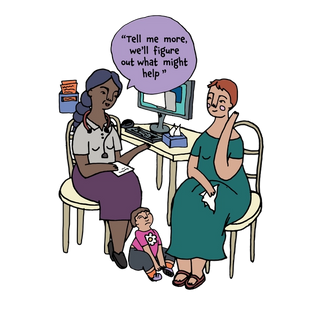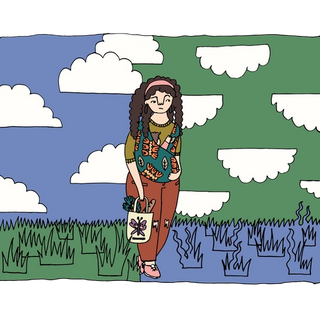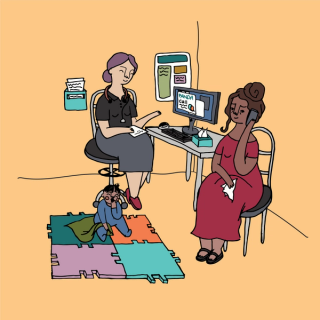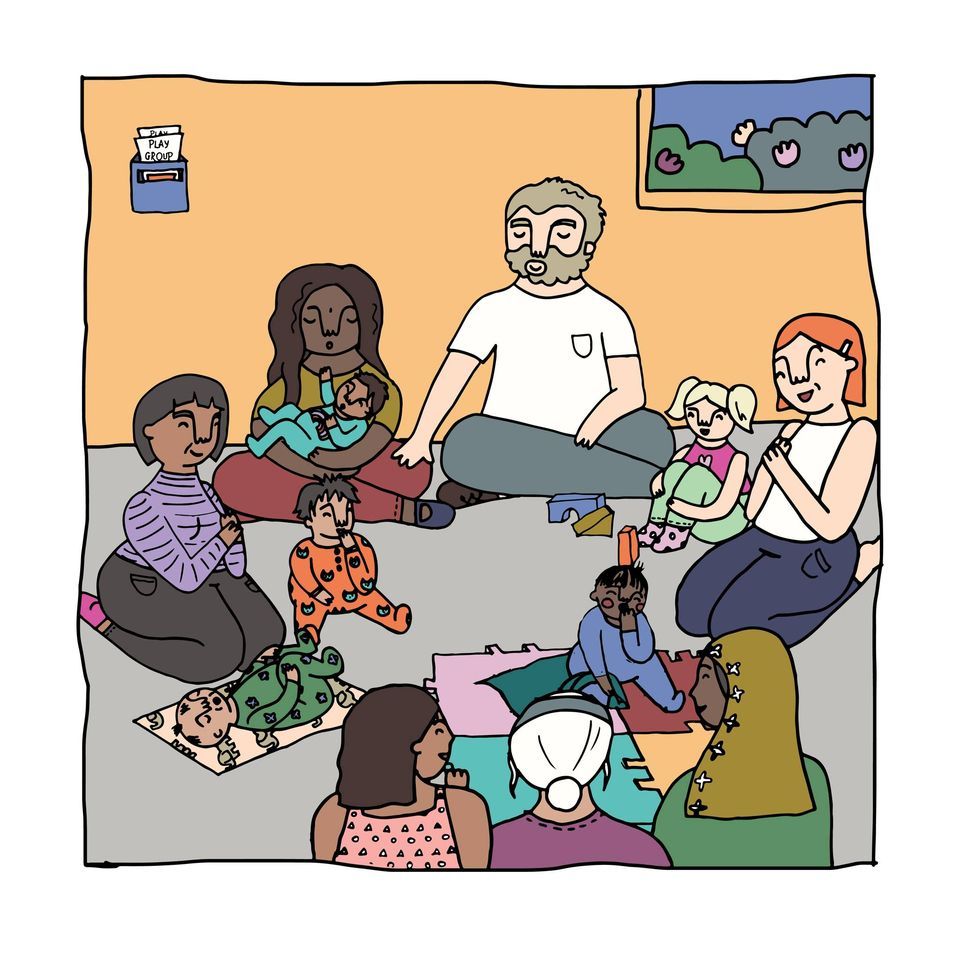PANDA Learning Hub
Your gateway to a better understanding of perinatal mental health.
Login
Existing learning hub user login
If you’ve already accessed a PANDA online course you can login here to view your dashboard.
Birth trauma
Understanding birth-related trauma
This course is developed in partnership with the Australasian Birth Trauma Association (ABTA). PANDA and ABTA work closely together to support the physical and emotional wellbeing of families in the perinatal period and beyond.
This course is an introduction to birth-related trauma. At the end of the course, you will understand:
- what birth related-trauma is.
- how to identify it.
- who is impacted.
- factors that can increase the likelihood that birth will leave a traumatic impact.
- practical, compassionate ways to support people who feel traumatised by their birthing experience.
- how to be helpful.
Birth trauma webinar
WEBINAR: Birth trauma and informed consent
PANDA’s webinar series pays tribute to the immense healing power of connecting and sharing our stories and experiences. From kitchen table chats to online discussions, we’re committed to having the conversations that matter.
In this webinar, you’ll learn more about birth-related trauma, and why informed consent is so key to reducing rates of preventable birth trauma.
Parent-Infant Units
Parent and infant mental health units: a guide to supporting families
This course is designed for healthcare providers who may refer parents to Parent and Infant Units (also known as Mother Baby Units). It equips you with the knowledge and skills to effectively support families who may benefit from a stay in a Parent and Infant Unit.
Course Benefits:
- Learn about Parent and Infant Units and the benefits they offer families experiencing mental health challenges during the perinatal period.
- Understand common concerns parents have about Parent and Infant Units and how to address them.
- Gain the skills to identify when a referral is appropriate and refer parents effectively.
- By completing this course, you will feel confident in supporting families and addressing their questions and concerns about Parent and Infant Unit stays.
Supporting dads
Supporting dad's mental health in the perinatal period
Every dad’s parenthood journey is unique, and many will need support for their mental health, wellbeing, parenting and relationships during the perinatal period.
In this free online short course for health care providers, you will learn how to support dad’s mental health in the perinatal period.
Topics include:
- What we know about dads in the perinatal period
- What to look for: Common signs of mental health distress in dads
- How to be helpful
Perinatal Psychosis
Perinatal Psychosis: Awareness & support
Psychosis is a rare but serious mental health condition that affects the way we experience reality.
In this free short course for health care providers, you'll learn about perinatal psychosis: What we know, what to look for and how you can help.
Health Professionals
Courses for Health Professionals
Getting the right help from a health professional early on leads to a faster recovery. PANDA offers a range of resources for health professionals and clinics working to support the mental health and wellbeing of families.
Our interactive online learning modules and courses cover the core knowledge and skills needed to support clients and families experiencing perinatal mental distress, conditions and associated risks.
Explore our free online learning courses.
New and Expecting Parents
Courses for New and Expecting Parents
Explore our parenting and perinatal mental health courses for new and expecting parents.
Playgroups
Courses for Community Groups and Playgroups
Discover the benefits that playgroups can have on the emotional wellbeing and mental health of all parents. Community and supported playgroup leaders can learn how to increase awareness of perinatal anxiety and depression and support parents and carers to access PANDA's National Perinatal Anxiety & Depression Helpline.
Featured Courses
Featured Courses
Resources for download
PANDA have a wide range of factsheets, posters, flyers and promotional materials available for download and print.
FAQs
Find the answers to many frequently asked questions about the PANDA Learning hub
1
How do I login to my course?
2
I didn't receive my welcome email?
3
Account has not been activated









